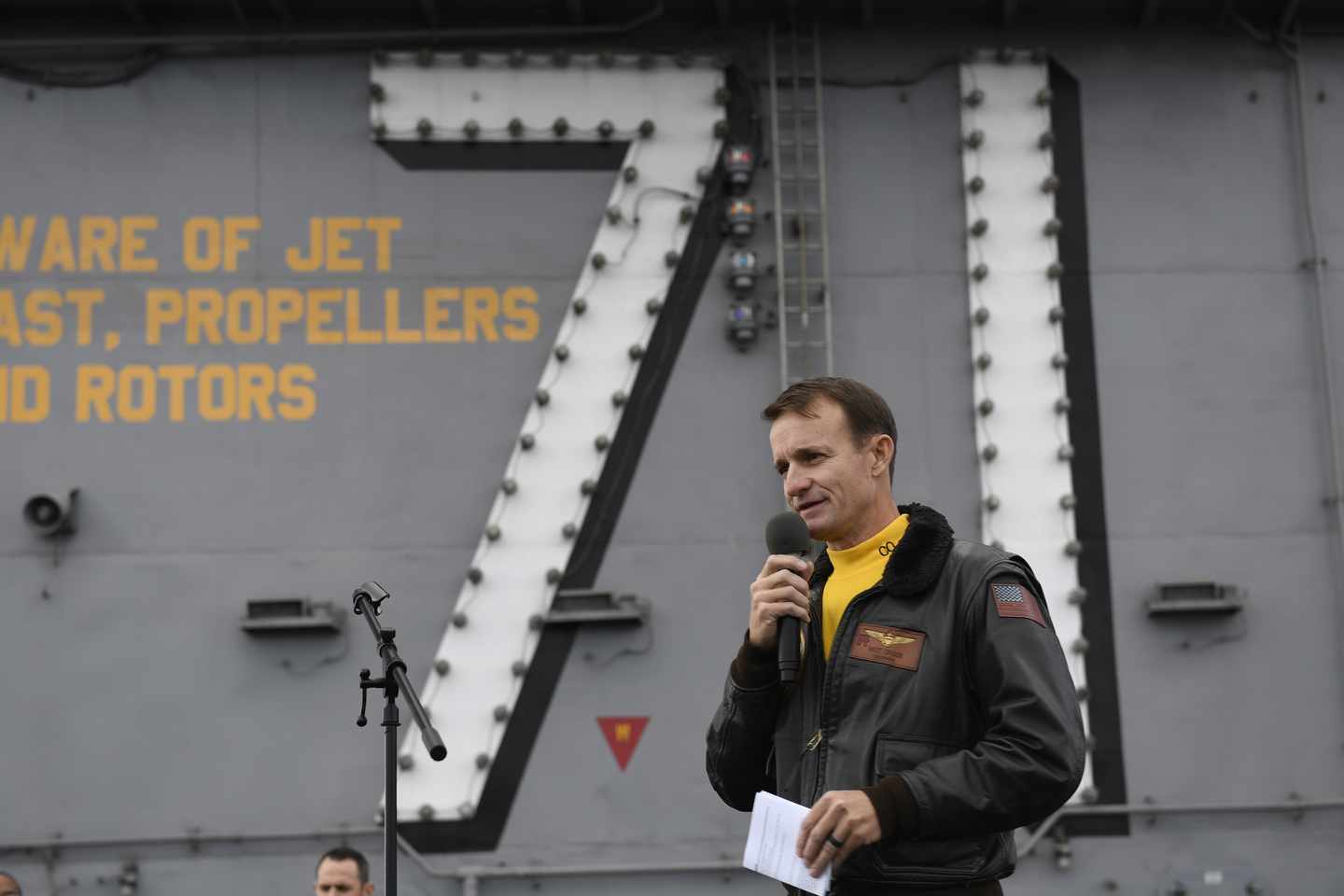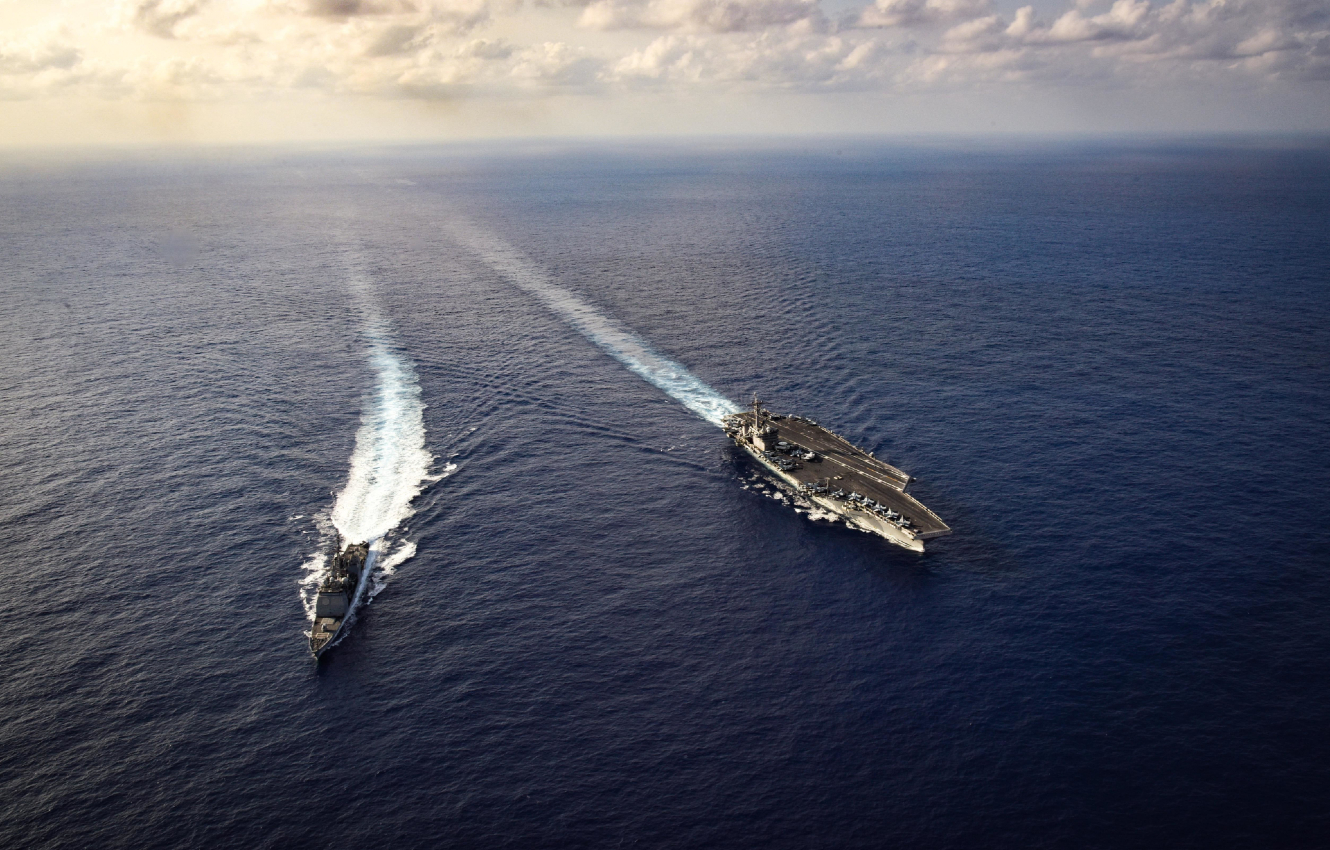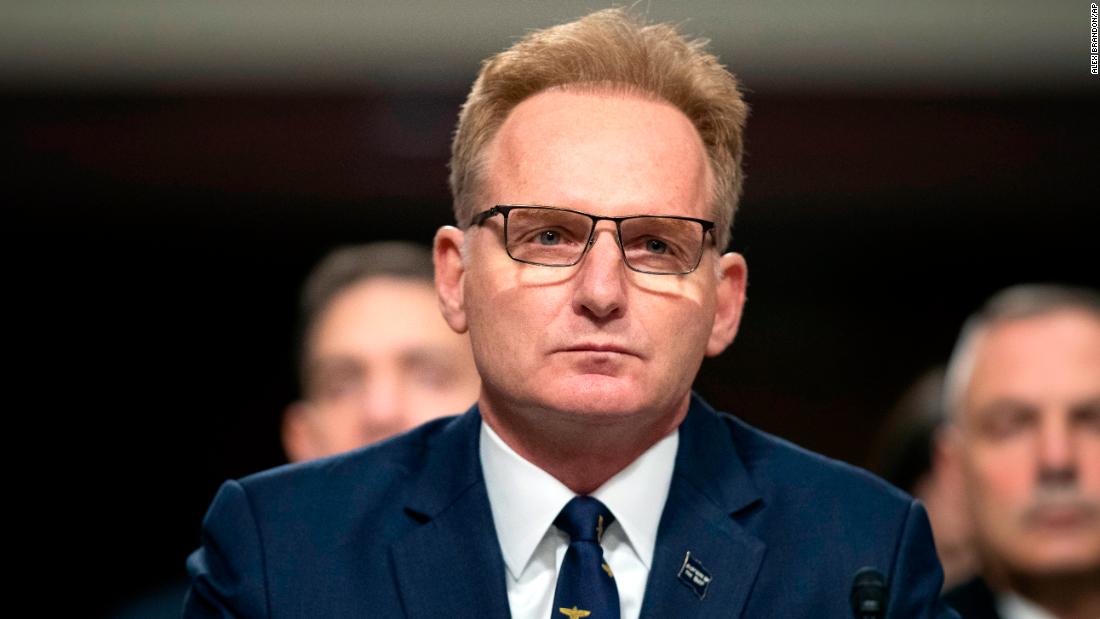Well, this story has taken on a whole new life!
As far as the idea that a supervisor-to-subordinate conversation has to go through the chain of command with the same specificity as a subordinate-to-supervisor, is dare I say it...not so! They’re not equals! It’s not fair! I know! Of course a supervisor has the prerogative to directly question a subordinate w/o going through the entire chain. Not so much the other way.
When one does not feel the facts support their agenda, one tactic is to throw everything against the wall & see what sticks. When this occurs, the timeline of events should be referred to in almost every case as it can provide clarity when someone is trying to bamboozle us.
For example, according to Modly, on Sunday, (the day before Crozier sent the email), Captain Crozier had the email address (emails had already already exchanged between the Bob Love, Chief of Staff, SECNAV & Crozier) as well as the personal cell phone # of Love. Therefor, if conditions were so bad on the TR that “a signal flare had to be sent up” & Crozier determined that reaching out to his strike group commander (whose office was a few doors down from his...on his ship...just a few doors away from where Crozier was), was of no use, & he had to go outside the chain of command to achieve satisfactory results, Crozier could’ve done exactly that by calling Bob Love, Modly’s Chief of Staff. But did he?? No...he sent the email. Why?? Was the problem so out of control that these 2 supervisory executives (Modly & Love) couldn’t have addressed it to Crozier’s satisfaction?? Who’s above Modly, the Secretary of Defense?
I believe Crozier would be hard pressed to justify the fact that although he had this high-level contact info., it just wasn’t good enough & he had to send that “Dear fellow naval aviators” email. I’m very interested in hearing Crozier’s explanation about this particular series, actually non-series of events.




amp.cnn.com
